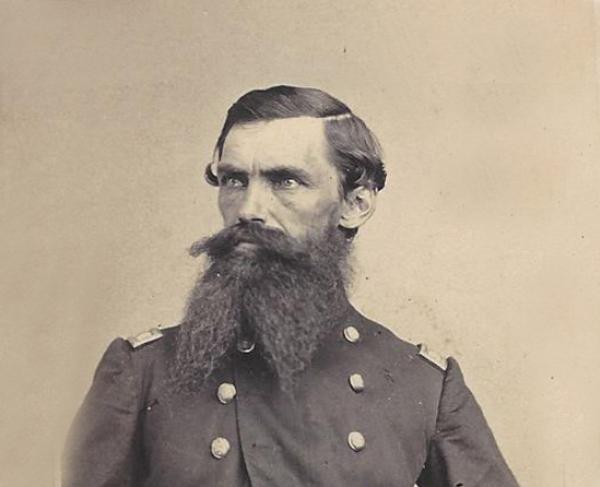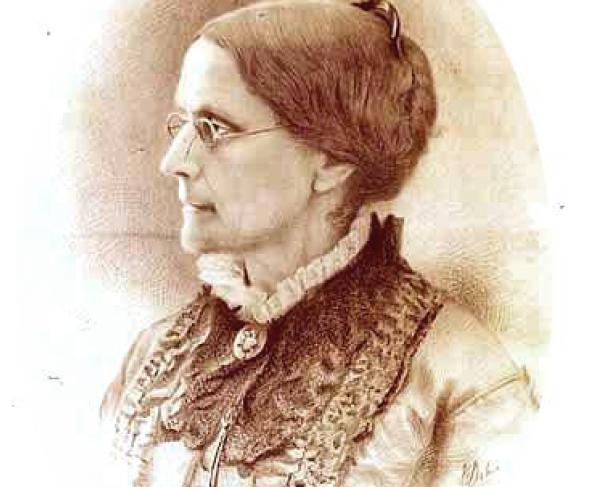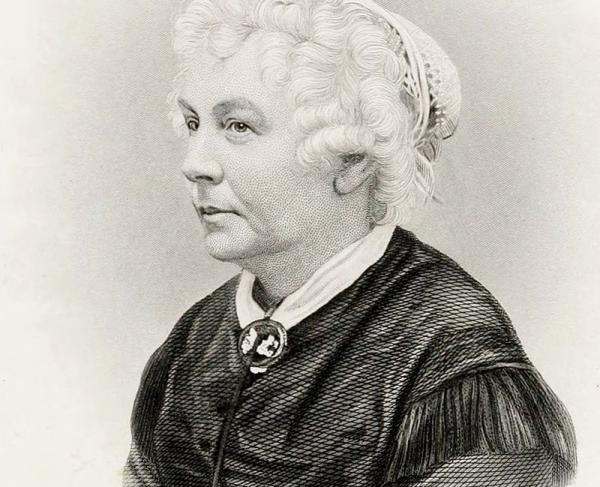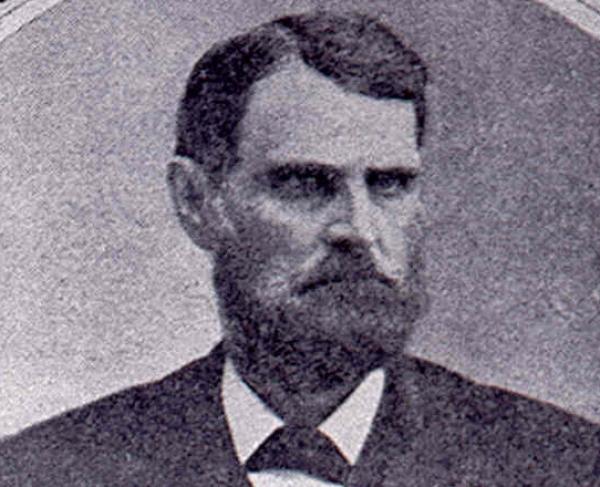David Hunter Strother

Few men had more of a ringside seat to the unfolding tensions of the Civil War in what would become the Mountain State than David Hunter Strother. A native of Martinsburg in Berkley County, Strother was an artist trained both in Europe and New York who had returned home in 1848 to illustrate landscapes and other outdoor scenes. Beginning in the early 1850s, he was a regular contributor to Harper’s Monthly, using the pseudonym Porte Crayon — a corruption of the French term “pencil carrier.”
According to a biographer, Strother “was typical of most Virginians in abhorring the demonstration of belligerent abolitionism. At the ... [capture of the armory by secessionists] he was atypical in deploring the equally fanatical action of the Virginia militia, which demanded the surrender of the town.” Still, his attitude was reflected by a large segment of the population residing in the TransMontaigne region of the Commonwealth of Virginia. Like so many of his fellow citizens with similar inclinations, Strother joined the Union army in 1862. Commissioned a captain, he applied his in-depth knowledge of the Shenandoah Valley as a topographer, keeping a detailed journal that was published after the war. Strother served on the staff of his distant cousin Maj. Gen. David Hunter during the 1864 Valley Campaign and was promoted to colonel, assuming command of the 3rd (West) Virginia Cavalry. He was ultimately brevetted a brigadier general of volunteers for meritorious service, before retiring to a post-war career of both political and artistic renown.


